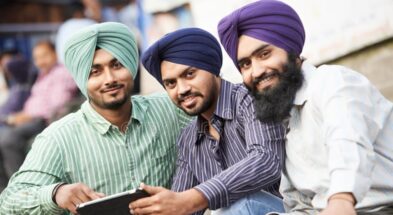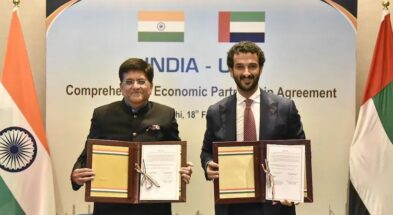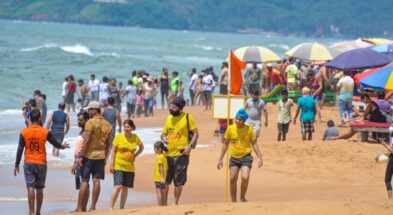The whole world moves towards a paperless economy. Plastic money has already captured the everyday exchange; crypto-currency and Bitcoin have become day-to-day affairs for many people. But in another corner, in Assam, there is a marketplace without any paper or coin money. The JonbeelMela in the Morigaon district of Assam is known for its barter system.

It is a three-day community fair celebrated during BhogaliBihu, or MaghBihu, which falls somewhere in mid-January and is usually the end of the harvesting season in that region. The name of this community fare derived from the place-a wetland called Jonbeel (Beel in Assamese means marshland or wetland). People of Tiwa tribe community descend the hills and plains before the fair with their products to barter them in the Mela and enjoy Mela with harmony and brotherhood with the other tribal communities such as KhasiJayantia and Karbi. People from different tribal communities from the hills and plains meet together and exchange their little surplus products from their subsistence economy and foraging and hunting. During the Mela, a huge market or bazaar is held to exchange their goods with people from other areas. Goods like herbs, dried fish, ginger, spices, and fruits are being bartered for rice, pithas, fish and other produce, which cannot be grown in this hilly area. While bartering, they compare each other’s goods before finally making the exchange.
When the British entered, there was hardly any market in western south-east Asia, today known as northeast India. JonbeelMela is in that way reminiscence of those pre-colonial cashless communitarian production systems. Highland tribes and people from plains had a complementary production system with a frequent exchange at foothills.

Conflict and reconciliatory processes had been essential factors in the genesis of the Mela. The festival had begun at circa 1620 A.D. during the reign of the Ahom king PratapSingha in Assam. Tiwas inhabited areas of present-day West KarbiAnglong was a corridor for the Ahoms. Being a small tribal kingdom, the Tiwas often had to pay tributes to both the Ahoms and the Jayantiyas. At the same time, tiwas also played the important role of mediator between the two big powerful kingdoms. As per ManasJyotiBordoloi, Director, Centre for Tiwa Studies, Ahom and jayantiyas were in constant conflict. To strengthen the bond between the two, layantiya king JasaManik offered Ahom king PratapSingha one of his princesses in matrimony.
The princess was escorted by an Ahom official Lai Sandiqui through the present Gobha kingdom, the principal Tiwa Kingdom among many and included the present-day area of Jonbeel. In return, lasaManik requested the PratapSingha for a plot of land north of the Kolongriver to establish a fairground at Phulaguri. The river would serve as a natural boundary. With counsel from his governor, PratapSingha agreed to the request of the Jayantia king with the condition that the latter would provide fish and fuel to the barphukan. The Jayantiya king agreed, and a fair was started at Phulaguri circa 1620-23 A.D., where people from the Ahom and Jayantiya kingdoms bartered goods. This could be considered as the first formal space for trade between the plains and hills, managed by the Tiwa king at the Gobha kingdom.
Now it attracts large crowds. The king of the Tiwa tribe, Gobharaja, visits the mela to collect taxes. Other than bartering, JoonbeelMela features Community fishing which marks the beginning of the Mela that usually takes place in the wetlands of Joonbeel. Before the start of JoonbeelMela, an Agni puja or fire worship is held for the well-being of the people there and a good harvest for next season. All kinds of merchandise stalls are available at the Mela and are visited by the vibrant crowd. Traditionally followed customs like cock-fights are also performed even though this is now banned in most states in India. JoonbeelMela is about fun and brotherhood and a tradition that has been followed for ages.



















